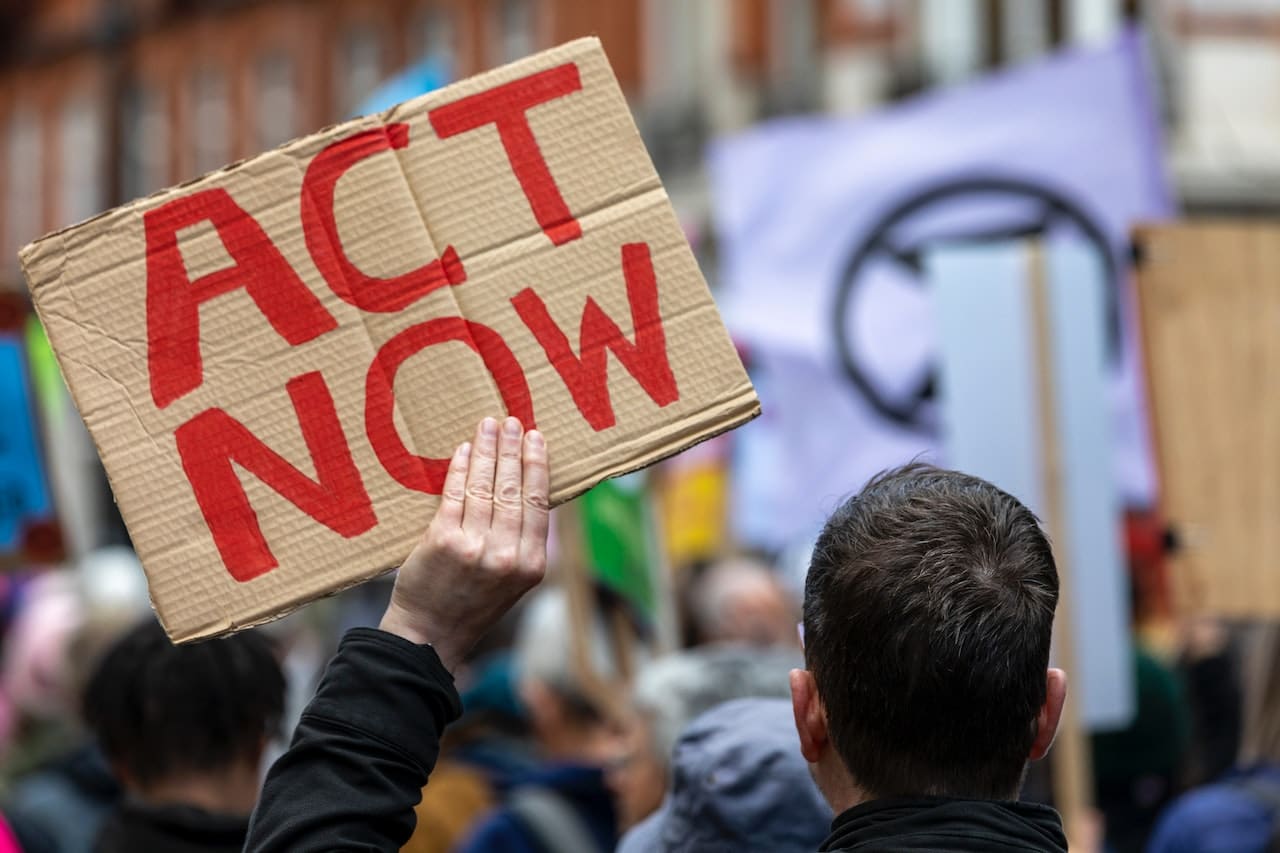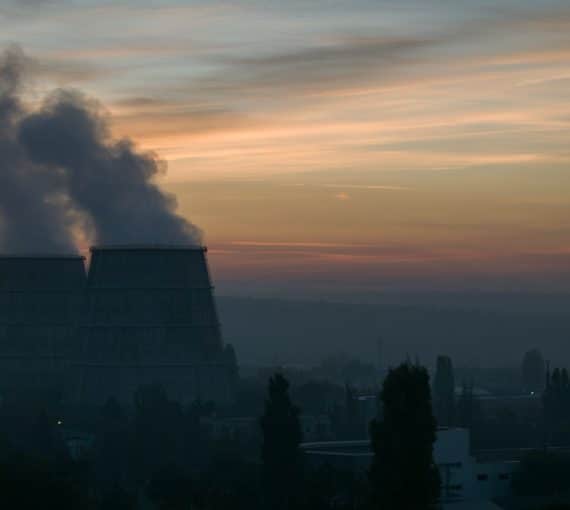
As the IPCC states, “There is a rapidly closing window of opportunity to secure a liveable and sustainable future for all.” Let’s seize that opportunity now. (Photo: Bob Jenkin via Pexels)
There’s no shortage of available, affordable solutions to avoid the worst impacts of a changing climate — and more are being developed every day. Employing them will also bring many other benefits. But with the world rapidly heading toward the threshold of 1.5 C warming beyond which we will likely reach irreversible tipping points, there’s no time to lose.
That’s the message — and warning — from the Intergovernmental Panel on Climate Change’s sixth assessment report, released on March 20. It synthesizes three previous reports on the physical science, impacts, adaptation, vulnerability and mitigation, and three special reports on the basis for the 1.5 C threshold and impacts on land, the cryosphere and oceans. It’s based on research from tens of thousands of scientific studies gathered over the past five years by three working groups of dozens of scientists and experts from around the world.
Scientists are unequivocal that human activities — mainly burning coal, oil and gas — are warming the planet to unsustainable levels. The average global temperature has already increased by 1.1 C since 1880, with most of the heating in recent years — and the IPCC warns, “current climate policies are projected to increase global warming by 3.2°C by 2100.”
Scientists are unequivocal that human activities — mainly burning coal, oil and gas — are warming the planet to unsustainable levels
“Global surface temperature has increased faster since 1970 than in any other 50-year period over at least the last 2000 years,” the report states, noting emissions continue to rise, with people and communities least responsible being hit hardest.
To slow the kinds of climate-related disasters we’re already seeing — from extreme heat, droughts and water shortages to increasingly intense storms, flooding and pollution — we must cut emissions by at least 43 per cent over the next seven years by shifting rapidly from coal, oil and gas to zero-carbon energy sources.
It’s a challenge, but it’s possible, and it will bring numerous benefits: reduced pollution, better public health and lower death rates, more jobs, better economic outcomes and, if done right, greater equality. But given the slow pace of progress since the IPCC published its first report more than 30 years ago, we’re running out of time and will face increasingly harsh consequences and require increasingly drastic measures unless we act quickly.
To slow the kinds of climate-related disasters we’re already seeing … we must cut emissions by at least 43 per cent over the next seven years
That means wealthy, overconsuming nations responsible for much of the problem, including Canada, need to aim for net-zero emissions by 2040, 10 years earlier than the previous target. The world will also need zero-emissions electricity by 2035, meaning none from coal, oil or gas. Net zero means lowering emissions to the point where nature or technology can capture any that remain.
It can be done, as research from the David Suzuki Foundation and other organizations shows. The foundation’s “Shifting Power” report outlines how Canada can get to zero-emissions electricity by 2035 with wind, solar, energy storage, energy efficiency and interprovincial transmission — without relying on expensive and sometimes unproven and dangerous technologies like nuclear or fossil gas with carbon capture and storage. Solutions such as geothermal energy and storage, tidal power and various energy storage methods can get us even closer to a healthier country and planet.
One of the biggest stumbling blocks, here and elsewhere, is constant pressure from the fossil fuel industry and its supporters — including governments that rely on the industry for short-term gain — to slow or stall the necessary transition. And despite overwhelming and indisputable evidence, climate science denial still exists in influential spheres like government and media. Most are rejecting a healthy future in favour of short-term profit and benefits for a dwindling minority of people.
One of the biggest stumbling blocks, here and elsewhere, is constant pressure from the fossil fuel industry and its supporters … to slow or stall the necessary transition
Addressing the climate crisis by rapidly shifting from fossil fuels to clean energy, and by protecting and restoring nature, will cut pollution and improve health, create good employment in green technology, ensure greater energy security and affordability for more people and lessen costly, devasting climate change impacts such as heat domes, massive floods, droughts and refugee crises.
Emissions spewed into the atmosphere today will remain for years, causing more frequent and intense climate effects and pushing us closer to irreversible tipping points. It’s a sobering reality, and change is always difficult, but the benefits to acting swiftly and decisively are numerous.
As the IPCC states, “There is a rapidly closing window of opportunity to secure a liveable and sustainable future for all.” Let’s seize that opportunity now.



